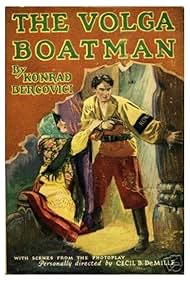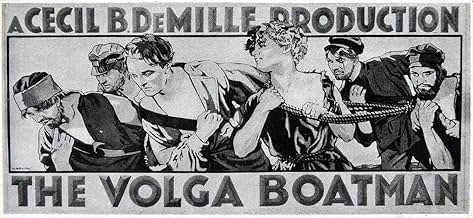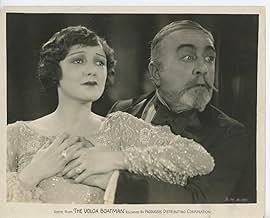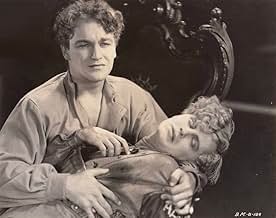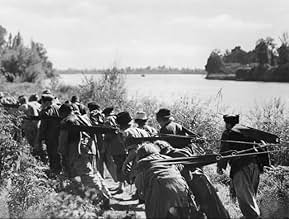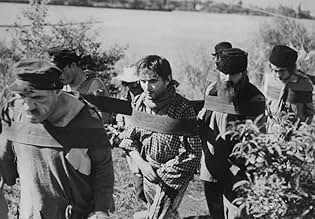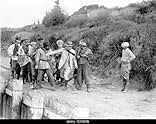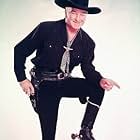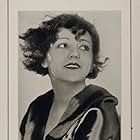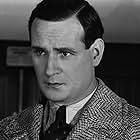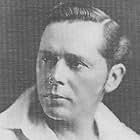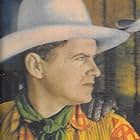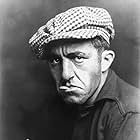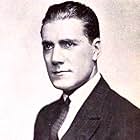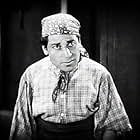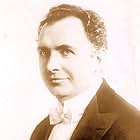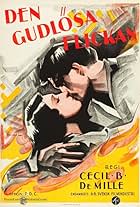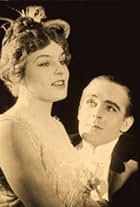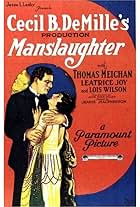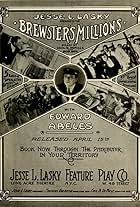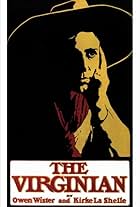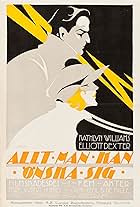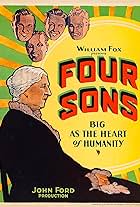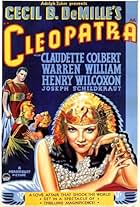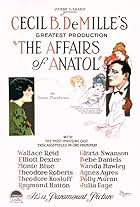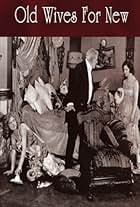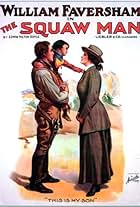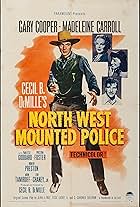During the Revolution Princess Vera, though betrothed to Prince Dimitri, is attracted to the peasant Feodor.During the Revolution Princess Vera, though betrothed to Prince Dimitri, is attracted to the peasant Feodor.During the Revolution Princess Vera, though betrothed to Prince Dimitri, is attracted to the peasant Feodor.
- Awards
- 1 win
Charles Clary
- Red Army Officer
- (uncredited)
Gino Corrado
- White Army Officer
- (uncredited)
Malcolm Denny
- Undetermined Secondary Role
- (uncredited)
Lillian Elliott
- Landlady
- (uncredited)
John George
- Red Army Soldier
- (uncredited)
William Humphrey
- Head of the Tribunal
- (uncredited)
Viola Louie
- Undetermined Role
- (uncredited)
Ruth Miller
- Undetermined Role
- (uncredited)
Eugene Pallette
- Revolutionary
- (uncredited)
George Periolat
- Prince Nikita's Servant
- (uncredited)
- Director
- Writers
- All cast & crew
- Production, box office & more at IMDbPro
Storyline
Did you know
- TriviaJulia Faye replaced Jetta Goudal, who was fired after repeatedly clashing with director Cecil B. DeMille.
- Quotes
Feodor, A Volga Boatman: I love you - with the last beat of my heart.
- ConnectionsFeatured in Cecil B. DeMille: American Epic (2004)
- SoundtracksSong of the Volga Boatmen
By Sigmund Spaeth
Harmonized by Carl Deis, c. 1926
'the immortal song that inspired the Cecil B. DeMille motion picture production "The Volga Boatman" with William Boyd and Elinor Fair'
Featured review
Given what it aimed to do, which is to provide interesting entertainment, Cecil B. DeMille's lavish production of "The Volga Boatman" succeeds pretty well. It makes quite an interesting contrast with the films made on the Russian Revolution by the great Soviet-era film-makers such as Eisenstein, Dovzhenko, and Pudovkin, yet it would be rather unfair to compare it directly with movies that had a much different goal.
DeMille's feature primarily uses the 1917 setting in Hollywood fashion, simply as a fascinating background to the main human-interest story of loyalty and love. Yet the relative lack of bias is quite apparent, with both admirable characters and scoundrels being found both among the Whites and among the Reds. DeMille even unexpectedly tries his hand at comedy on a few occasions, and it usually works well enough.
The two main characters are very interesting, and they are brought to life effectively. As Princess Vera, Elinor Fair believably portrays her aristocratic poise and haughtiness, while successfully showing how she could also sympathize with and admire the boatman Feodor, in spite of her beliefs. As Feodor, William Boyd keeps it simple but convincing, making his Red hero one-dimensional in personality but complex in his sense of right and wrong. The third main character, Prince Dimitri, is much more straightforward, but Victor Varconi does well enough in bringing out the coldness that belies the weaknesses inside him.
Though the story emphasizes the complicated ways that these three are brought together in the course of events, it does provide some interesting glimpses into the historical setting as well. DeMille was in his element in re-creating the Volga setting along the banks of the Sacramento River, and that and all of the settings are used effectively. The constant use of the "boatmen" and their painful lot in life is an effective image for the condition of the majority of Russians under tsarist rule. All in all, as long as you don't compare it with the great Russian film classics about the same era, "The Volga Boatman" is an enjoyable movie to watch.
DeMille's feature primarily uses the 1917 setting in Hollywood fashion, simply as a fascinating background to the main human-interest story of loyalty and love. Yet the relative lack of bias is quite apparent, with both admirable characters and scoundrels being found both among the Whites and among the Reds. DeMille even unexpectedly tries his hand at comedy on a few occasions, and it usually works well enough.
The two main characters are very interesting, and they are brought to life effectively. As Princess Vera, Elinor Fair believably portrays her aristocratic poise and haughtiness, while successfully showing how she could also sympathize with and admire the boatman Feodor, in spite of her beliefs. As Feodor, William Boyd keeps it simple but convincing, making his Red hero one-dimensional in personality but complex in his sense of right and wrong. The third main character, Prince Dimitri, is much more straightforward, but Victor Varconi does well enough in bringing out the coldness that belies the weaknesses inside him.
Though the story emphasizes the complicated ways that these three are brought together in the course of events, it does provide some interesting glimpses into the historical setting as well. DeMille was in his element in re-creating the Volga setting along the banks of the Sacramento River, and that and all of the settings are used effectively. The constant use of the "boatmen" and their painful lot in life is an effective image for the condition of the majority of Russians under tsarist rule. All in all, as long as you don't compare it with the great Russian film classics about the same era, "The Volga Boatman" is an enjoyable movie to watch.
- Snow Leopard
- May 30, 2005
- Permalink
Details
Box office
- Budget
- $497,356 (estimated)
- Runtime2 hours
- Color
- Sound mix
- Aspect ratio
- 1.33 : 1
Contribute to this page
Suggest an edit or add missing content

